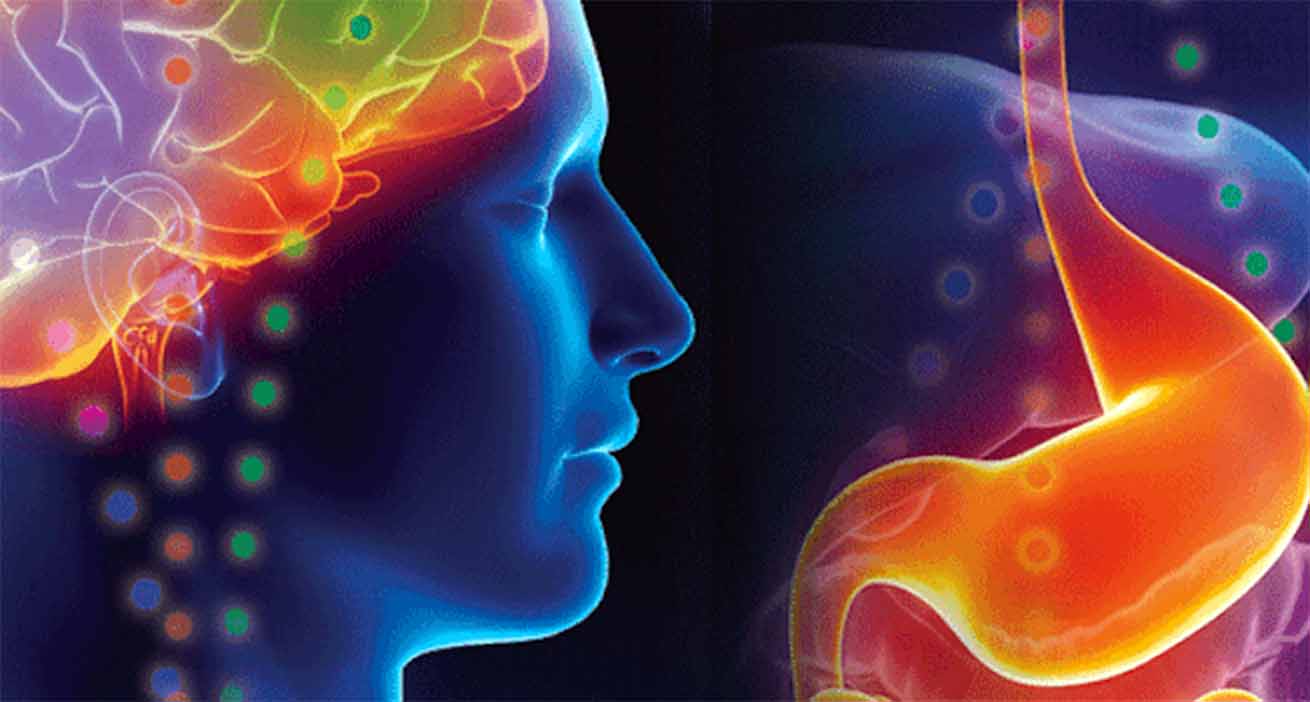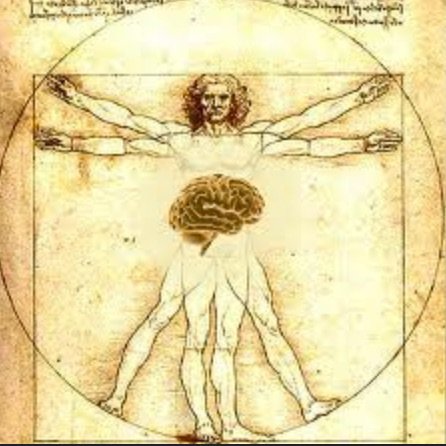Consciousness
How to Heal Your ‘Gut Reaction’

 Allopathic medicine has only begun to understand the importance of the gut – brain connection. Our intestines were only just recently named the ‘second brain’ when it comes to keeping the body healthy, but ancient Ayurvedic practitioners have known of this connection for at least 5,000 years. When we are stressed and under pressure, the brain actually sends messages to the intestinal cells, and vice versa – communicating in ways that are surprising, and if we don’t take care of our ‘gut feelings,’ or that ‘sinking feeling in our stomachs,’ then we usually suffer the consequences.
Allopathic medicine has only begun to understand the importance of the gut – brain connection. Our intestines were only just recently named the ‘second brain’ when it comes to keeping the body healthy, but ancient Ayurvedic practitioners have known of this connection for at least 5,000 years. When we are stressed and under pressure, the brain actually sends messages to the intestinal cells, and vice versa – communicating in ways that are surprising, and if we don’t take care of our ‘gut feelings,’ or that ‘sinking feeling in our stomachs,’ then we usually suffer the consequences.
A Scientific American article sums it up quite well,
“Our brain and gut are connected by an extensive network of neurons and a highway of chemicals and hormones that constantly provide feedback about how hungry we are, whether or not we’re experiencing stress, or if we’ve ingested a disease-causing microbe.”
As Heribert Watzke further explains in a Ted talk:
“. . . our gut is [also] connected to our emotional limbic system, they [the brain and guts] do speak with each other and make decisions.”
Aside from eating a meal that is too large, eating food that is simply not prepared properly or that is just down-right unhealthy, the gut responds metabolically to what we eat. The gut also responds to emotions, though.
The entire gastrointestinal tract responds to emotions – fear, excitement, pain, sadness, passion, and more. Since there is two-way communication going on between the brain in our heads and the ‘brain’ in our guts, we can feel a stomach upset when we aren’t feeling happy, just as easily as if we were to eat a meal at a hole-in-the-wall restaurant that didn’t exactly reward our sense of adventure.
What’s more, hundreds of millions of neurons connect the brain to the enteric nervous system, a part of the nervous system that is in constant communication with the the gastrointestinal system.
Believe it or not, there are just as many neuronal cells in our guts as there are in our spinal column. Those neurons in our guts are paying very close attention to the trillions of microbes living in our guts.
Like its own ecosystem – the gut thrives when the healthy bacteria, and microbes within it are thriving, and suffer when the bullies, or bad microorganisms take over.
The chemical reactions governed by the gut-brain axis are so important, that they can even control how much serotonin is released – a neurotransmitter that makes us feel happy – so if our guts aren’t happy, we aren’t happy. That’s where the use of ancient Ayurvedic remedies become important to our overall health. Here are five of them:
- Drink warm water with lemon or lime first thing in the morning. This practice has been done for thousands of years. You can think of it like clearing the pipes of an old house. By drinking warm lemon or lime water first thing in the morning it hits the stomach after it has had a chance to rest for several hours, making the effects of cleansing and nourishing even more potent.
- Reduce inflammation. Ayurvedic medicine usually goes for the root cause of most ailments, and when the gut is inflamed, everything from unwanted emotions to physical health challenges can arise. To reduce inflammation, you’ll want to get rid of the foods that cause it, such as processed foods, alcohol, caffeine, refined sugars and carbs and also GMOs and fruits and vegetables full of pesticides. To heal inflammation, take flax or chia, and other essential fatty acids that help to reduce inflammation along the gastrointestinal tract. You can also take ginger root, turmeric root, garlic, black walnut, goldenseal and Kudzu to further heal the gut.
- Use the herbal remedy, triphala. You can make triphala, the combination of three Indian fruits, hiritaki, bibhtaki, and amla, to help gently cleanse the body and encourage good bacteria to grow in the gut. Usually triphala will also contain one or more of psyllium, liquorice, fennel and linseed, also expert herbs at cleansing the digestive tract. Since digestive ailments can cause a number of health issues from candida overgrowth, and leaky gut to irritable bowel syndrome and even hernia, making sure to gently cleanse the intestines on a regular basis can keep you feeling healthy and energetic. As Grocare explains, removing free radicals from the intestines also acts as a catalyst in the entire healing process by maintaining optimum pH Levels in the body.
- Meditate and Practice Yoga – these practices directly affect how the limbic system responds to stress, as well as how quickly our bodies digest food. Food that sits in the intestines for long periods usually putrefies, causing disease and unhappiness. This can literally interrupt our gut-brain communication, making it more difficult to trust our intuitive hunches, and gut-informed decision making. Meditation calms the nervous system, creating a better pathway for neuronal cells to communicate along the gut-brain axis, and yoga practices help to jump-start our digestive fire so that we process our meals efficiently. Both of these practices were considered sister sciences to Ayurveda ages ago.
- Researchers at Leeds University discovered that we make gut decisions so quickly that they don’t even happen on a conscious level. When you get a ‘reading in your gut’ whether it’s a good or bad one TRUST it. There are more than 100 million neurons that are checking out the environment to help you make a choice which won’t even register in your brain until several seconds AFTER your gut has made its decision.
Image credit: blog.aikidojournal.com
Typos, corrections and/or news tips? Email us at Contact@TheMindUnleashed.com
